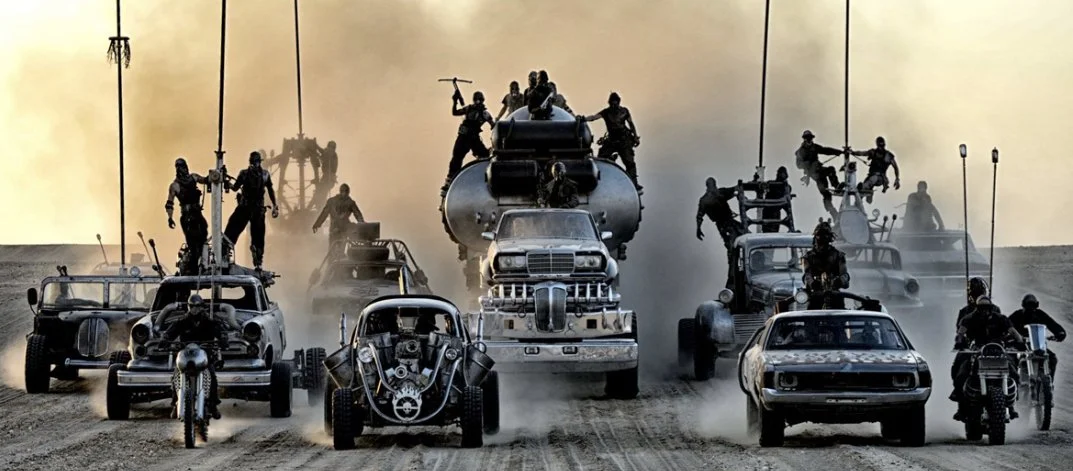If critics are to be believed, then George Miller’s "Mad Max: Fury Road" was the best movie of the 2010s. Back in May of 2019, I got a head start by polling 250 critics and industry people, and Miller’s film topped that poll.
Regardless, it started a domino effect—"Fury Road’ consequently topped decade lists from the A.V. Club, Paste, Consequence of Sound, and Film School Rejects, all of them with Miller’s movie atop their own 2010s polling. Metacritic also amassed 105 critics lists, with ‘Fury Road’ again finishing on top.
Do I believe ‘Fury Road’ is the best film of the 2010s? I personally wouldn’t pick it as the best of the decade, but I understand why people do. It’s a great movie, and one that has no doubt been highly influential in the years after its release.
Was ‘Fury Road’ the film that defined the 2010s? The more highbrow Film Comment had its own poll of critics, curators, and historians, and Lucrecia Martel’s "Zama" came out on top in that one. There was no ‘Fury Road’ in the top 20.
Sadly, I missed the now legendary premiere of ‘Fury Road’ at the Cannes Film Festival back in 2015; I ended up seeing Miller’s film only a few weeks later, but the whole thing, a deranged punk rock cinematic vision, blew me away. Visually, it was unlike any movie I had ever seen before. Miller is a master at framing big and bold action sequences.
Of course, the consensus-driven success of Miller’s movie might have derived more from its accessible nature as an all-out genre film, as opposed to risk-taking and non-conformist films like "The Master" or "The Tree of Life" as the best of the decade.
Can an action film actually define an entire cinematic decade?
Back in 2015, many writers, including myself, thought that maybe the movie would spark a change in how action movies were made, with less reliance on CGI. We’ve seen that revolution occur—"Fury Road" restarted, in some circles, the trend of practical effects at the multiplex. It was action-driven by visual poetry; you could put the film on mute and still be enthralled by it. It is then not that surprising to learn that Miller actually stated that he wanted ‘Fury Road’ to serve like a silent film, without any dialogue.
IndieWire’s list of the 21st Century’s Best Action Movies, topped by ‘Fury Road,’ is filled with films that used practical effects instead of CGI—almost the entire top 20, in fact: "John Wick: Chapter 2," "Top Gun: Maverick," "Mission: Impossible — Fallout"...
Regardless, you can't deny the sheer impact of ‘Fury Road.’ With its nihilistic outlook on human nature and a nasty, in-your-face style, this was Miller's career triumph, through and through. The amount of detail that he brought to every frame was as obsessively meticulous as any Wes Anderson picture I’d seen, as was Margaret Sixel’s sharp editing, which justly won her the Film Editing Oscar.
The total control and sheer visionary freedom Miller must have had with this project to pull off what he did on screen were unheard of for such a blockbuster. ‘Fury Road’ will be remembered as cinema in its purest form: visual storytelling in motion that communicates its narrative in a manner impossible via any other medium.






